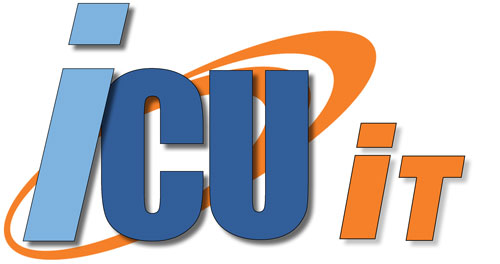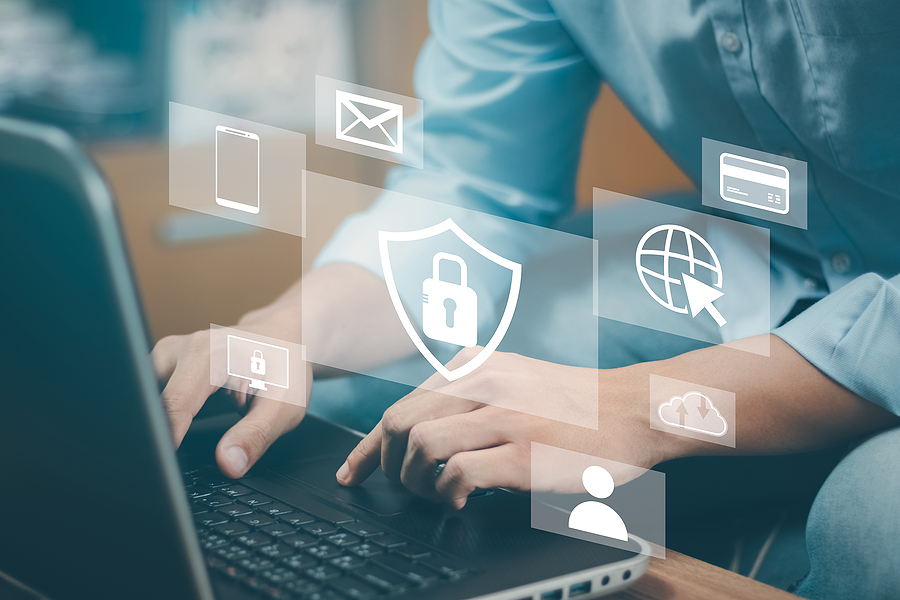IT security has always been an important aspect of any job, whether working remotely or in the office. But when you’re working from home, the security of your computer systems falls into your list of responsibilities .With so many issues that could occur that may well compromise the security of your IT, here are some tips for those who work at home, whether it be full or part time.
1. Use antivirus software
One of the first things you need to do is install antivirus software. This will help to stop malware from infecting your computer and compromising your data. There are lots of different antivirus systems available that claim to protect your information and the integrity of your computer, but it’s worth investing in a good one for added peace of mind. The right antivirus software will be able to protect your computer from the following things:
- Ransomware attacks
- DDoS attacks
- Malware
- Spyware
- Other types of breaches
2. Make sure your wi-fi network is secure
Whether you’re using the computer system your employer gave you or are using your own laptop, it’s important that your wi-fi network is safe and secure. This includes ensuring it’s protected with a strong password that’s extremely difficult, if not impossible, for others to decipher. If you cannot add a password to your wi-fi network, then you’ll need to find the IP address (which is usually written somewhere on the router) and then type that into your website browser. It will then ask you to sign in so that you can either set up or change your default password.
3. Ensure you’re using strong passwords
As already touched upon, it’s imperative that your passwords, no matter what they might be for, are strong. This means using a combination of capital letters, numbers and special characters. It would also be better to refrain from using whole words, instead using acronyms, to make them easier to remember. Also, make sure you’re using a different password for each log in and never write them down. Often, you’ll be encouraged to change them on a regular basis. Sometimes, this might be made compulsory by your employer, so check your contract.
4. Use a VPN
If you’re working remotely, then make sure you use a VPN. This will help to secure your connection and, in turn, encrypt your data. This will help to make sure that website traffic cannot be accessed by unauthorised people. It will also help to secure your wi-fi network even further. It’s important to note also that VPN security can be enhanced using a robust authentication method. If your VPN has a username and password, you might want to make it more secure by using smart cards.
5. Try not to over-share your screen
Be careful when sharing your screen with a group of people during online video meetings. Don’t leave any windows open that you do not want to share with others. It’s also important that you do not let others in the home look at your information if it’s confidential or if you’ve signed an NDA (non disclosure agreement).
Make sure to remind your colleagues of this, giving them some pointers about how to keep their screen safe from prying eyes. It might be that you’re having a meeting with another department who shouldn’t be seeing something that you’re working on, for example. So it’s paramount that you ensure other employees understand the importance of privacy in the workplace.
6. Be aware of any phishing scams & emails
Phishing scams are relentless these days, more so with the advancements in technology and the prevalence of email messaging. Phishing scams have the sole purpose of stealing personal information and other sensitive details, hence why they’re dubbed to be “phishing”. If you receive any emails that contain suspicious links and/or attachments, then do not open them and do not click on anything. If your email system has a way of reporting suspicious emails, then you must report them as soon as they’re received. Emails are a valuable form of communication between colleagues, so make sure you keep the practice safe and protected.
ICU IT has a team of fully-trained, highly-qualified IT specialists at the helm of everything we do. No matter what you need, from security and maintenance to cloud hosting and business continuity, you’ll be able to rely on us to provide unrivalled IT services for your business, whether your employees are working in the office or at home. For more information, get in touch with a member of our expert team today – we’re always pleased to help.









